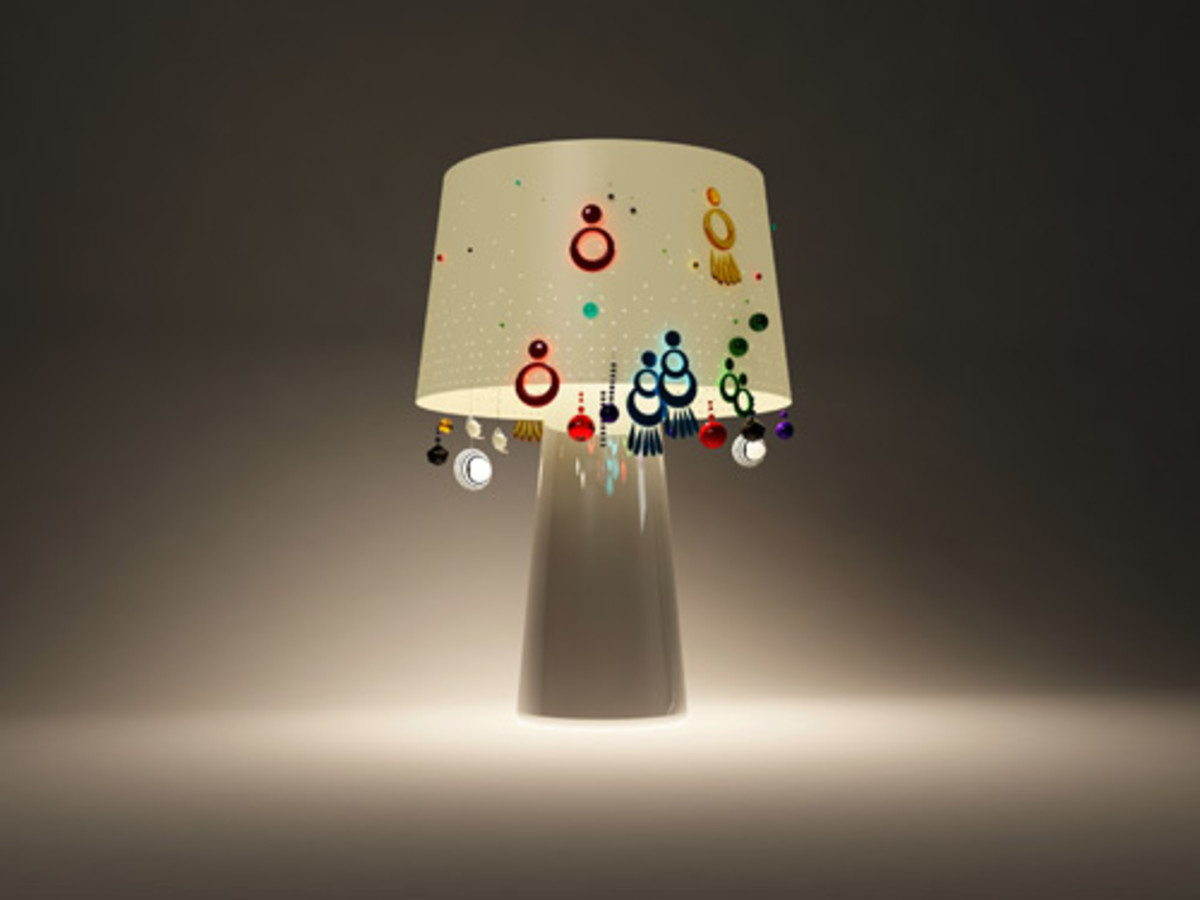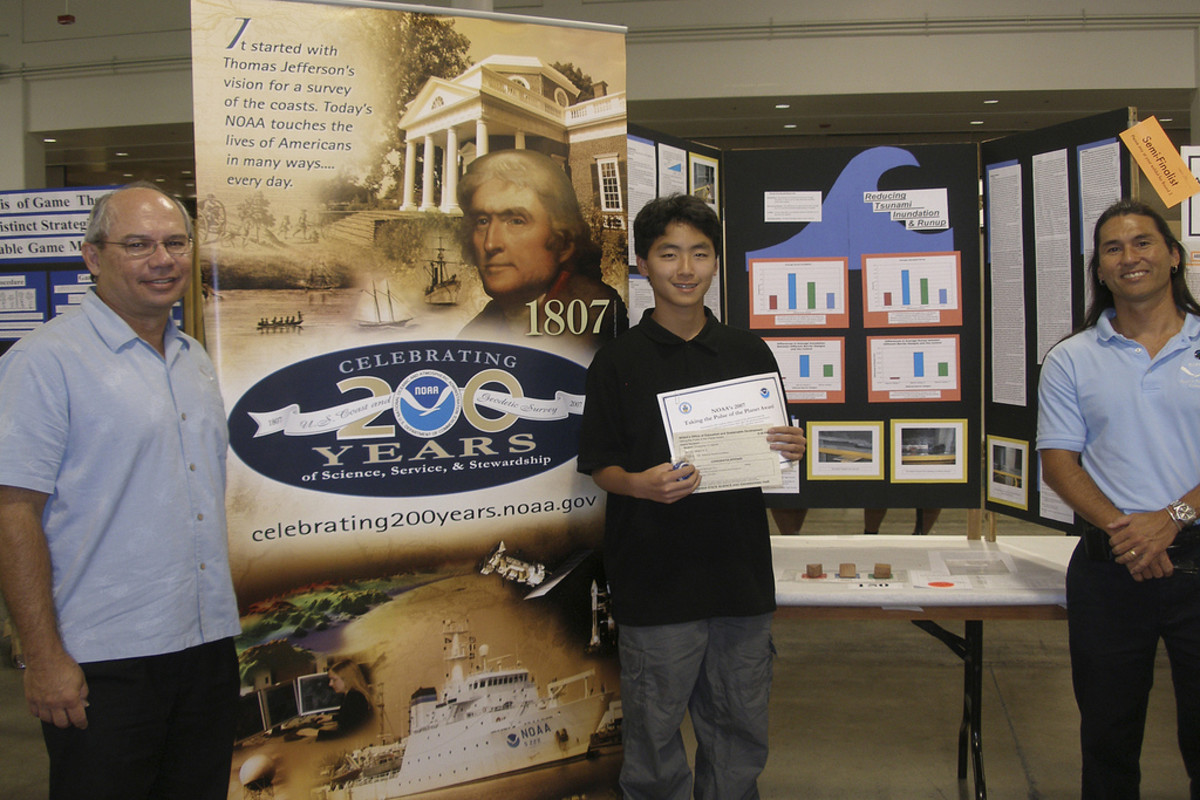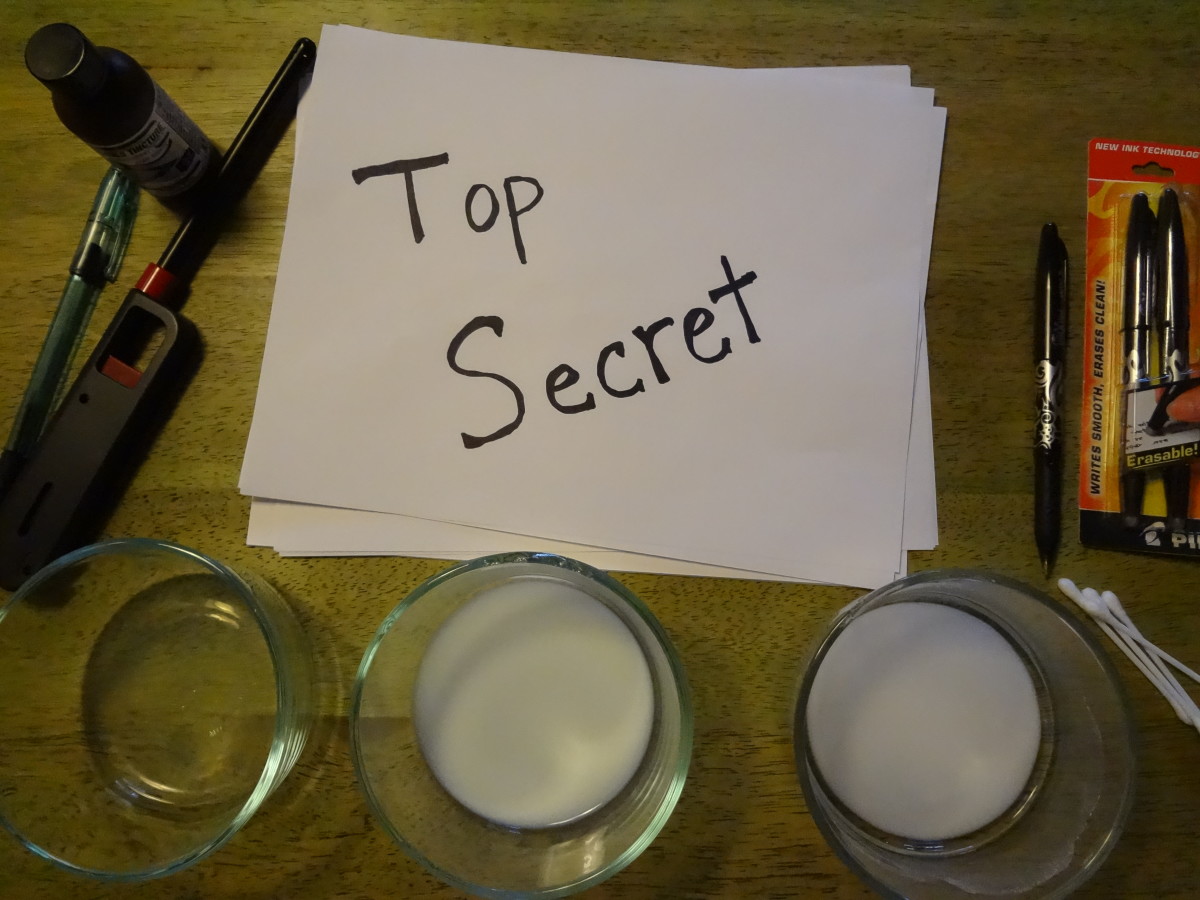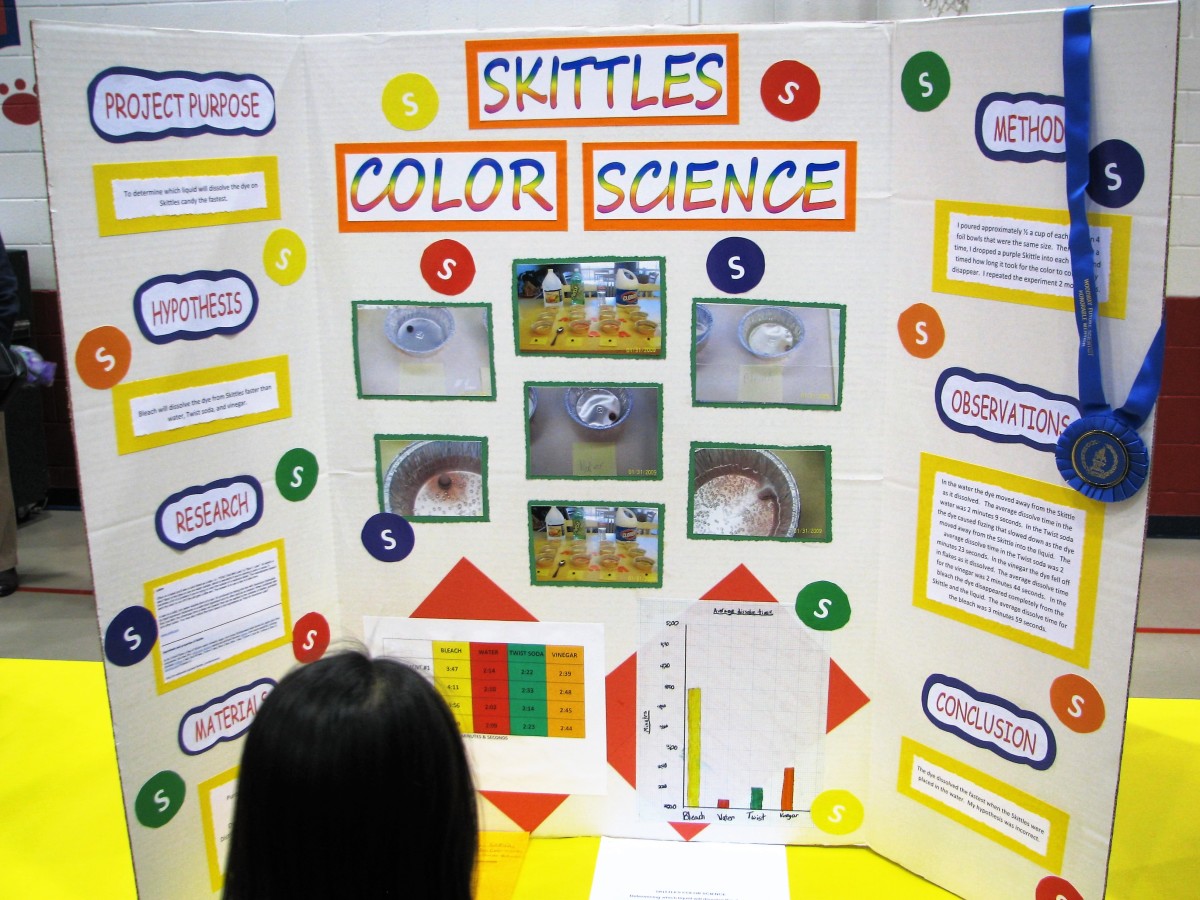What Are the Best Elementary Science Fair Projects to Do?
Science fair project ideas are chosen according to your education level. On the basis of the education level science fair projects are classified into elementary, middle school and high school. The project ideas that one expect from each level is different. If an elementary student comes up with a project on Robotics or something advanced like that, it could easily be understood that the project is not done by the child, since it is beyond his educational level. Similarly some one in the high school cannot come up with simple projects like “which soft drink contains the most fizz?” or “the materials that glow in dark” which are meant for elementary school.
Finding ideas for science fair projects is a difficult task since you want an idea that suits your education level, that interests the crowd and which are innovative so that you could get good appraisal from the judges of the fair.
There is science in everything in this world. If you observe closely you could find that all that happens in this world has a logic that is rooted in science. You might have seen ants going in a line. Even if you disrupt the line by rubbing it off, you could see that after some time they resume the line. This has a scientific explanation. Why does a candle blow out when placed under a glass? These are all day to day occurrences that we see around us. These could be made the object of your science fair project if you are in elementary school. Your project should be simple enough so that you yourself could do the project with little help from adults. It would be better if elementary level projects are solutions to problems or answers to questions.
Some ideas for elementary school science fair projects are mentioned below.
-
You could check whether there is any connection between the brand of popcorn and the number of un-popped kernels or; whether the microwave power has any influence on making popcorn, etc.
-
You could do experiments on plastic wraps. Find the ones that best protect against evaporation or the ones that prevent oxidation.
-
You could study the factors that affect seed germination. Light (its intensity, duration and type), temperature, type of soil, amount of water- all these factors could be considered. Further you could study whether the seed size have any influence on germination- whether good size germinates fast or whether the seed size affects the germination rate.
-
You could experiment on dish wash liquids. Whether the number of dishes washed by different types of dish wash liquid of the same quantity are the same, whether different types produces the same size bubbles, whether the bubbles and cleanliness have any relation etc.
-
Similarly you could experiment on detergents. You could check whether there is any difference in the size of bubbles produced by different detergents produce, will it clean better if more than the suggested quantity of detergent is used and vice versa.
-
Experiments on permanent markers can be done. You could check whether the mark made by permanent marker could be removed, what solvents better removes the ink etc.
You could get ideas from the things we use and see daily like hair sprays, batteries, plants, seeds, eggs etc.








